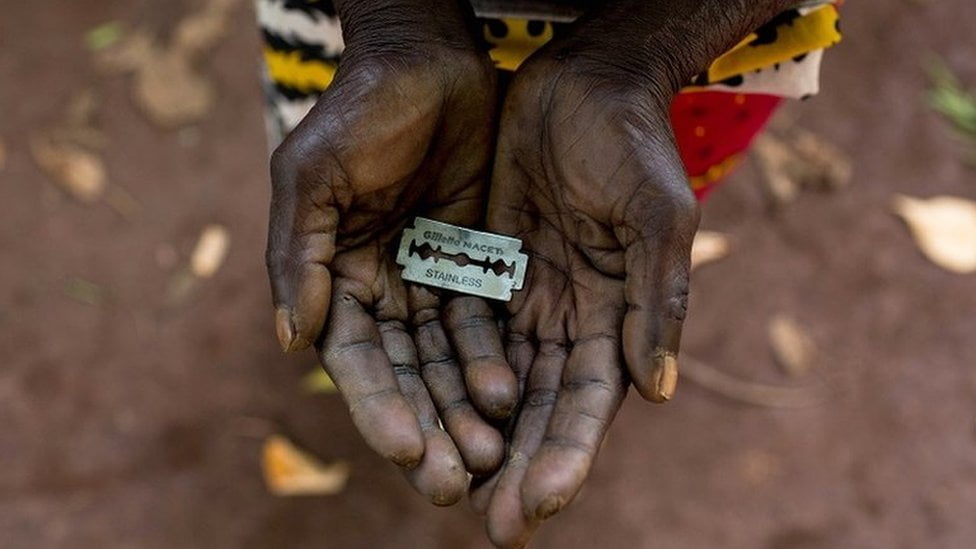Georgina Aberese-Ako, the Acting Upper East Regional Director of the Department of Children has expressed worry about the increasing numbers of Female Genital Mutilation (FGM) recorded in the Upper East Region.
She said while there may not be exact figures about the situation, estimated figures show the situation is at an alarming stage.
Speaking on A1 Radio’s Day Break Upper East, Madam Aberese-Ako said the towns like Pusiga, Bawku and many others sharing borders with Burkina Faso and Togo are particularly notorious for such acts. She said despite the continued education, the situation remains relatively unchanged.
“Sometime in 2017, our Ministry held a stakeholders meeting and Madam Otiko Afisa Djaba [the then Minister for Ministry of Gender, Children and Social Protection] invited some officials from our neighbouring Burkina Faso and Togo, just for us to empower ourselves so that the practice is stopped. But communities around those borders still go and do it”.
“I believe they do it around the no-mans-land and then they bring the children back,” she explained.
The Acting Regional Director for the Department of Children said when the Ghana Health Service, as part of efforts to address the menace, began inspecting babies [to find out whether their clitoris had been mutilated or not] when they were taken to the health facilities for postnatal care, women stopped taking their babies for same.
“Parents whose babies were mutilated, they stopped taking the babies for weighing. In that case, the GHS had to take another strategy to inspect the children. So this is something that is ongoing, but the numbers we are not sure of,” she said.
Madam Aberese-Ako said the uncertainty in the numbers could mean that the situation could be a lot worse than the picture painted by the United Nations Fund for Population Activity (UNFPA).
It would be recalled that the Country Representative of the United Nations Fund for Population Activity (UNFPA), Mr Niyi Ojualape, has called on the government and other stakeholders to join forces against the practice of female genital mutilation (FGM).
According to UNFPA estimates, the Upper West Region recorded 32.5 per cent FGM cases on women between 15 and 49 years, while in the Upper East Region, 13.2 per cent of women also went through the practice, making the two regions the highest in FGM cases in 2021.
Globally, Mr Ojualape said, more than 200 million females had undergone FGM, with four million more at the risk of undergoing the practice annually.
Madam Aberese-Ako insisted that while people understood the negative consequences of the practices to the lives of the women, they continue to practice same under the guise of upholding their culture.
“They know the long term effects of these things but people think it is part of their culture and culture cannot be done away with,” he said.
She continued to say that because of the issues about upholding culture, women are forced to undergo this form of mutilation before they can be married traditionally.
Madam Aberese-Ako called for public support to end the practice.
A1radioonline.com|101.1 MHz|Mark Kwasi Ahumah Smith |Bolgatanga|Ghana


